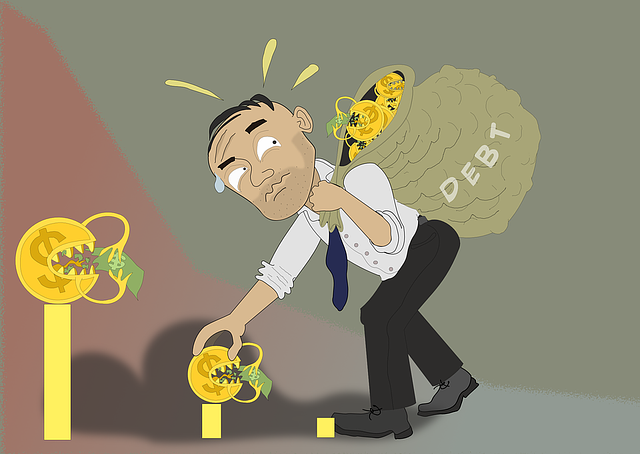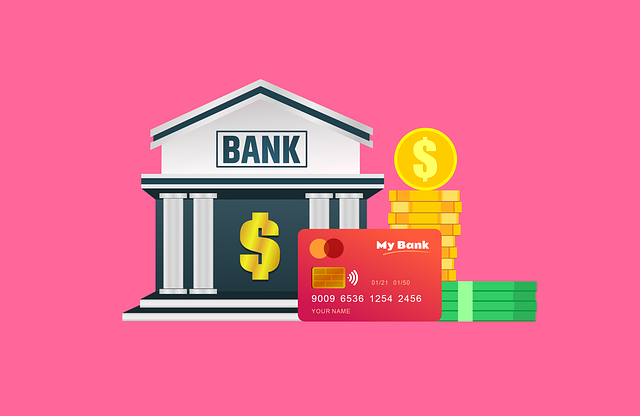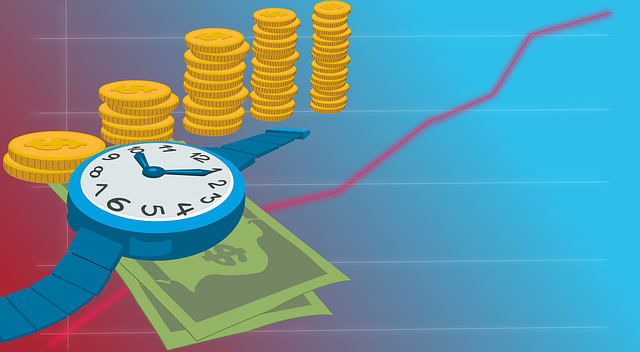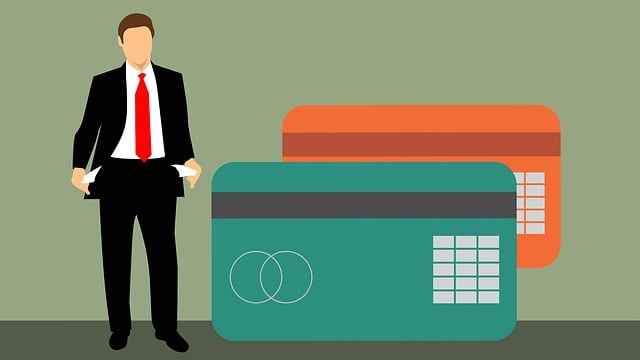Debt consolidation loans offer a strategic approach to gaining financial freedom by merging multiple debts into a single loan with lower interest rates, simplifying repayment, reducing monthly payments, and saving on interest charges over time. Ideal for individuals burdened by multiple high-interest debts, these loans provide a powerful tool for managing debt and achieving financial stability. Bankruptcy is an option for severe financial situations, offering debt discharge or reorganization, but it should be considered carefully after exploring debt consolidation strategies and seeking expert advice.
Struggling with overwhelming debt? Discover the power of debt relief strategies like debt consolidation loans and financial freedom. This guide navigates two powerful options: consolidation, offering a fresh start through structured repayment, and bankruptcy, providing a legal path to discharge debts. Learn how to evaluate your situation, understand the benefits of financial freedom, and explore effective strategies for repaying debts once and for all.
- Understanding Debt Consolidation Loans
- Benefits of Financial Freedom
- When Is Bankruptcy Necessary?
- Strategies for Repaying Debts
Understanding Debt Consolidation Loans

Debt consolidation loans offer a strategic approach to gaining financial freedom by combining multiple debts into a single, more manageable payment. This process involves taking out a new loan, typically with a lower interest rate than your existing debts, to pay off and consolidate all your outstanding balances. By consolidating, borrowers can simplify their repayment schedule, reduce monthly payments, and potentially save money on interest charges over the life of the loan.
For individuals grappling with multiple loans or credit card debts, especially those with less-than-perfect credit, debt consolidation loans present a viable option. Despite concerns about borrowing more, carefully choosing the right consolidation loan can be a powerful tool to navigate debt and work towards financial stability. The key is to research and compare lenders, assess the terms and conditions, and select a solution that aligns with your ability to repay, ultimately guiding you towards the best debt relief strategy—one that suits your unique financial circumstances.
Benefits of Financial Freedom

Achieving financial freedom is a significant milestone, and one that becomes increasingly attainable with the right strategies. Debt relief, in particular, plays a pivotal role in freeing individuals from the burden of debt, allowing them to regain control over their finances. One of the most powerful tools in this pursuit is debt consolidation, which involves combining multiple debts into a single loan with a lower interest rate. This simple yet effective approach can significantly reduce monthly payments and the overall cost of debt, providing individuals with much-needed financial breathing room.
By consolidating debts, whether through debt consolidation loans or other methods tailored to specific groups like debt consolidation for seniors, people can streamline their repayment process and simplify their finances. This not only reduces the stress associated with managing multiple debts but also enables them to focus on building wealth and achieving financial independence. With a clear financial freedom roadmap in hand, individuals can start making informed decisions to reduce debt fast and chart a course towards a more secure future.
When Is Bankruptcy Necessary?

In some cases, despite diligent efforts to manage and reduce debt through various strategies like budgeting and debt repayment plans, individuals may find themselves facing overwhelming financial challenges. When debt has become unmanageable and high-interest rates are taking a toll, bankruptcy could be a necessary step towards financial freedom. This legal process offers a fresh start by allowing individuals to discharge or reorganize their debts, providing relief from the constant burden of collections calls and payment demands.
Bankruptcy is particularly relevant when one’s financial situation has reached a critical point, such as severe medical expenses, unexpected job loss, or a cascade of past-due bills. It provides an opportunity to find global debt relief solutions, fix high-interest rates, and work with experts in debt consolidation to develop a personalized strategy for managing future finances responsibly. By exploring this option, individuals can break free from the cycle of debt and secure a more stable financial future.
Strategies for Repaying Debts

Many people struggling with debts often wonder if they should opt for debt consolidation loans or consider bankruptcy as a viable option. Before making this crucial decision, it’s essential to explore various strategies for repaying debts effectively. One popular approach is through debt consolidation loans, which can help simplify the repayment process by combining multiple high-interest debts into a single loan with a potentially lower interest rate. This strategy not only makes payments more manageable but also enables individuals to gain financial freedom faster by reducing the overall cost of their debt.
For those with less-than-perfect credit or a history of missed payments, securing traditional debt consolidation loans can be challenging. However, there are options available, including specialized lenders and government-backed programs that cater to individuals with bad credit. A get out of debt guide can provide valuable insights on navigating these alternatives, fixing high interest rates, and creating a structured plan to eliminate debts once and for all.
When considering debt relief, understanding your options is key. While strategies like repayment plans offer a gradual path to freedom, both debt consolidation loans and bankruptcy have their merits. Consolidation provides a fresh start by combining debts into one manageable loan, simplifying payments and potentially saving on interest. Bankruptcy, a more drastic measure, offers a complete reset but comes with significant implications. Ultimately, the best choice depends on individual circumstances. Embracing financial freedom may involve either a strategic consolidation or a bold bankruptcy decision, leading to a brighter economic future.
